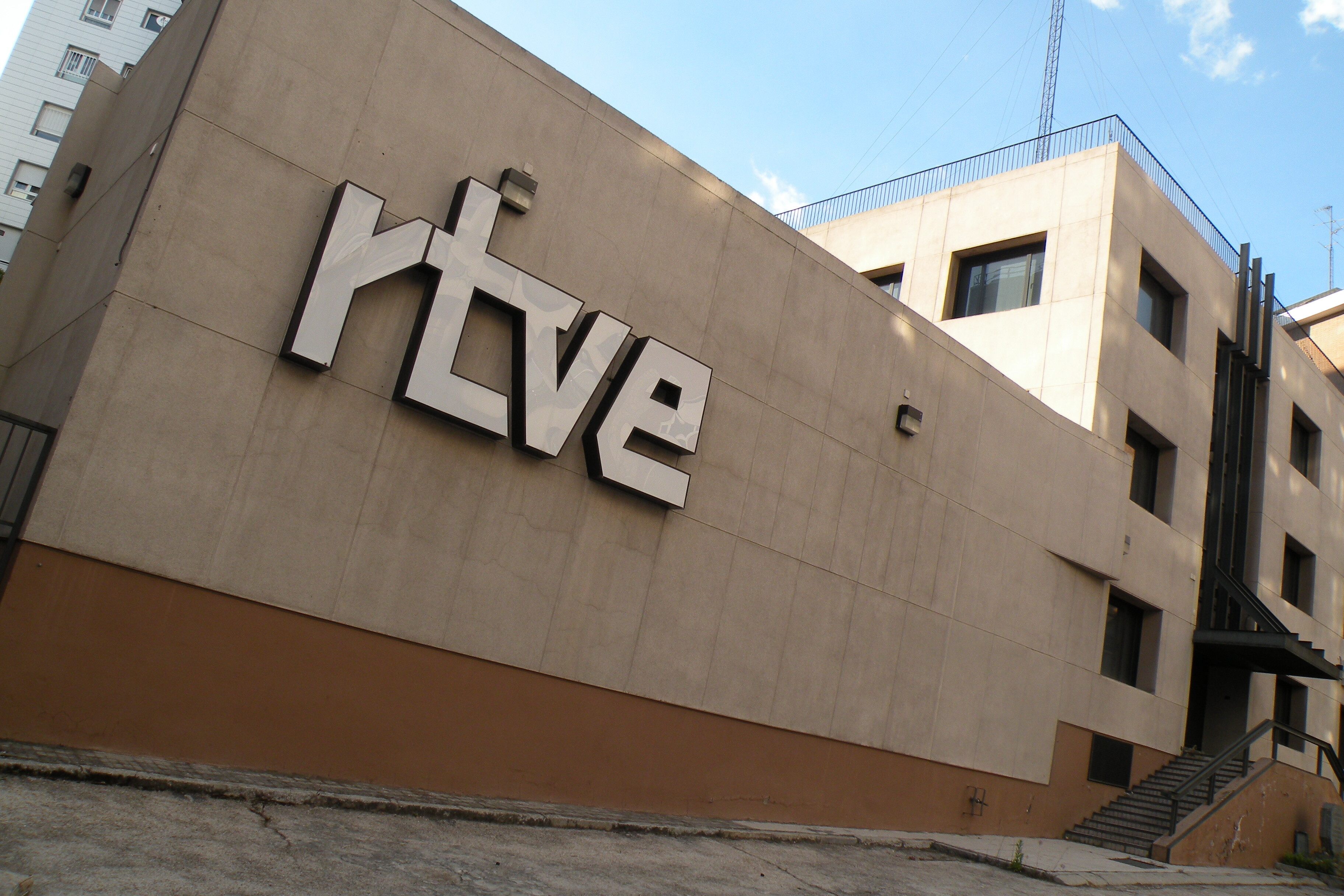After more than three years in limbo, Spanish public broadcaster Corporación de Radio y Televisión Española (RTVE) has installed a new board. However, questions regarding the broadcaster’s independence remain.
In 2017, reform of RTVE’s board (RTVE Council) was seen as a way to improve the public broadcaster’s image and management structure by insulating it against government influence. It was hoped that this would put it on a path towards more PSM-aligned values such as independence, transparency, and plurality. However, the process stalled due to political disagreements and although some progress was made with the shortlisting of 19 candidates in 2018, the reform was subsequently blocked. A public contest was seen as the only democratic solution. In November 2020, the process was unblocked, paving the way for the current board.
Since then, political parties PSOE and the PP have reached an agreement to renew the RTVE Council with the first six of ten members being endorsed by more than two-thirds of Congress deputies in February. Contentiously, the remaining four members were also named in February despite the formal requirement for Senate approval, which took place in late March.
Read more: Who is who in the new board of RTVE
José Manuel Pérez Tornero – an academic who has publicly advocated for public media – was formally installed as President last Friday (26 March). He replaces Rosa María Mateo, who served for nearly three years as the broadcaster’s sole provisional administrator.
Criticism
Despite the progress made, there has been much criticism of the election process and its implications for the broadcaster’s independence. The TVE News Council, for instance, has been vocal about its dissatisfaction with the process and has said the board’s election was based on political agreement rather than on the criteria of merit and capacity. This has been the primary criticism levelled against the election process. All 10 board members have been linked to the political parties of PSOE and PP, who proposed four and three members on the board, respectively; two members were proposed by United We Can while one was proposed by PNV. However, only three of the 10 elected members were scored in the top 20 positions in the public tender. Due to these political ties, the News Council expressed its doubts that the new board would be able to maintain RTVE’s independence.
In a statement, the TVE News Council said, “During the last three years, this Council has been defending the modality of public competition to resolve the governance of public radio and television with the fundamental objective of guaranteeing its independence from partisan interests. Unfortunately, the contest was deactivated and the parties have opted, once again, for a method of appointing councillors based on the political quota and not on the merit, capacity, trajectory and project of each one of them.” In another joint statement, the three RTVE News Councils said, “The history of the last 40 years has been repeated: the handpicking of people close to certain political parties.”
COMUNICADO CONJUNTO de los tres Consejos de Informativos de RTVE, leído esta tarde en el Senado.
Consultable aquí: https://t.co/fDXWhrbJIl
“Se ha repetido la historia de los últimos 40 años: la elección a dedo de personas cercanas a determinados partidos políticos” pic.twitter.com/PwMjKyz6xn
— C.Informativos TVE (@CdItve) March 15, 2021
The Interactive Media News Council welcomed the new management but has also been critical of the board’s lack of engagement with the broadcaster’s digital entity compared to RTVE’s television (TVE) and radio (RNE) councils. “Giving interviews to TVE and RNE and not to RTVE Digital as if this were not a medium with its own entity is not the best of the beginning, in our opinion,” RTVE.es said. The entity also emphasised the importance of interactive media in ensuring the Corporation’s future viability and called for improvements to RTVE’s digital output.
Other Spanish political parties, such as Vox and Ciudadanos, have also criticised the renewal process, accusing the PSOE, PP, and other agreeing parties of distributing the public service among themselves. Ciudadanos denounced the “adulteration” of the process and deemed it a “pantomime”.
Meanwhile, RTVE said its new Chairman intends to transform the corporation, with the aim of making it more adapted to the digital ecosystem, agile, efficient, competitive, and more in line with the demands of citizens. Tornero’s priorities include the establishment of a governance system based on consensus and agreement, “in order to achieve a unity of action that allows [RTVE] to follow a medium- and long-term strategy”; an examination of RTVE’s current state, to be presented to Parliament; and the establishment of mechanisms and procedures for information and accountability in matters such as finance, employment, and production plans.
While a new board is a positive step for the public broadcaster and means RTVE can now focus on its other challenges – such as its funding – the election process is a worrying sign. Public media must be independent and accountable to the people who pay for it and political ties not only threaten this independence but foster distrust among the public – especially at a time when public media is most needed to act as a trusted and independent source of news. The Public Media Alliance will continue to monitor and update on developments at RTVE.
Header Image: MADRID, SPAIN – MAY 13, 2018: Torrespana or Spain Tower is a television tower for National terrestrial television channels RTVE, Telecinco, Antena 3 and Telemadrid. Credit: Songquan Deng/Shutterstock
Related Posts
29th January 2021
Spain: RTVE management issues remain unresolved amid financial concerns
Three years after Congress approved a…
6th February 2020
Public contest is the only democratic solution to RTVE’s paralysis
More than 170 communication and…
